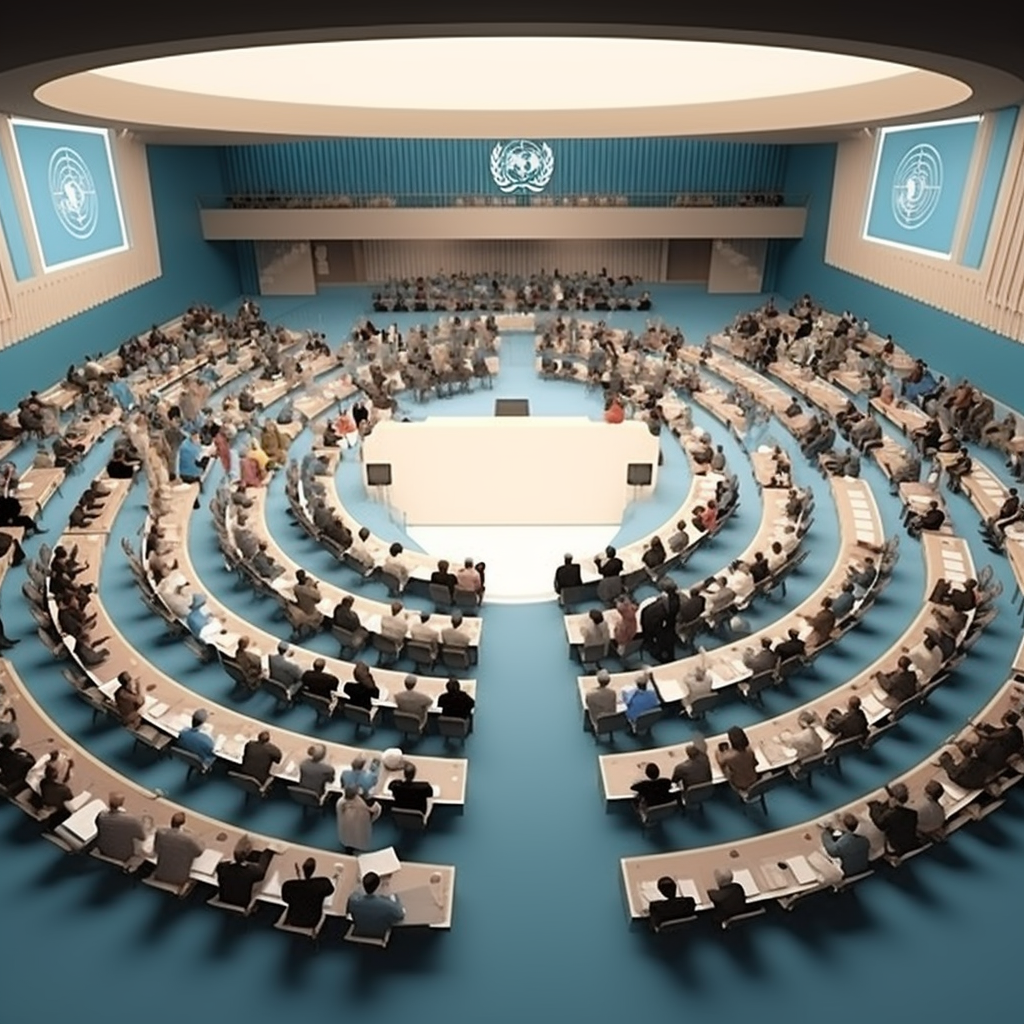June 13, 2023
The Crucial Role of Parliaments in Addressing the Impacts of Climate Change – Highlighting the Challenges and Opportunities of the Loss and Damage Fund
Book a Demo
Ms Fakiha Mahmood, Deputy Director (Research) at PIPS, highlights the crucial role that parliaments play in policy-making, specifically in relation to climate change. Parliaments have legislative, representation, and oversight functions that are essential to the policy process.
At COP27, the Loss and Damage Fund was established to compensate countries most vulnerable to the impacts of climate change. However, the Fund faces challenges related to funding sources, channeling of funds, and beneficiaries. Climate change presents major challenges that require a threefold increase in financing, and the USD$100 billion pledge falls short of actual needs. Private sector mobilisation and financial reform are necessary to meet targets.
The first Global Stock Take at COP28 aims to assess the impact of states’ nationally determined contributions (NDCs) to the UNFCCC Secretariat. Developed countries must provide finance to developing countries under the international climate regime. Parliamentarians at the national level should stay informed about the Fund and engage stakeholders to align with existing budgetary mechanisms.
Recent floods in Pakistan demonstrate the vulnerability of those least responsible for climate change impacts. It is essential to support vulnerable countries and communities in addressing the impacts of climate change, including through the Loss and Damage Fund.
In conclusion, parliaments have a crucial role to play in addressing climate change, and the Loss and Damage Fund established at COP27 is an important mechanism to support vulnerable countries and communities. However, challenges related to funding sources, channeling of funds, and beneficiaries must be overcome to meet the threefold increase in financing required to address the impacts of climate change. Developed countries must provide finance to developing countries under the international climate regime, but private sector mobilisation and financial reform are also necessary to meet targets. Parliamentarians at the national level can play a vital role in supporting these efforts.



